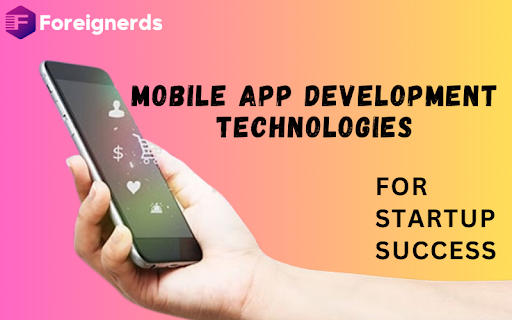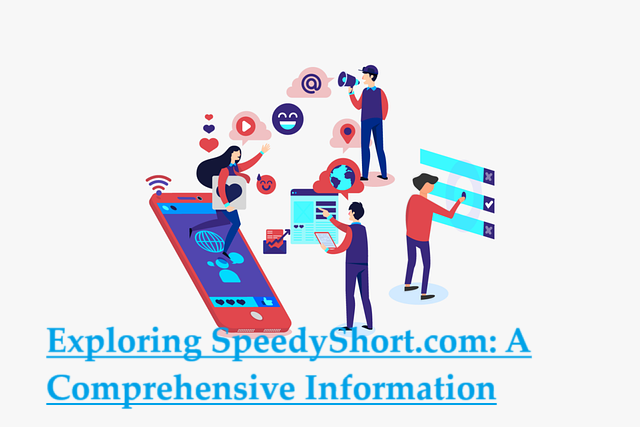For startups, a compelling business idea is crucial, but investors often prioritize those offering mobile-based solutions due to the widespread use and convenience of mobile apps. Businesses with mobile solutions secured a significant portion of global investments, emphasizing the importance of integrating mobile app technology. However, the choice of mobile app development technology is equally critical for attracting investor attention and funding.
Mobile App Development Technologies are –
Python
Widely acknowledged as one of the most popular mobile app development technologies globally, Python streamlines and accelerates the development process. As a dynamic, high-level, and open-source programming language, Python offers features such as built-in de-buggers, a robust community, GUI programming support, and numerous frameworks and libraries. It excels in constructing feature-rich and scalable mobile apps efficiently.
Flutter
Developed by Google, Flutter is an open-source mobile app development SDK enabling the creation of cross-platform applications for both iOS and Android. Using Dart as its programming language, Flutter allows developers to build native interfaces without the need to rewrite code for each platform.
Java
A well-established and widely adopted object-oriented programming language, Java remains a preferred choice for Android app development. Its ease of use, high security, open-source libraries, extensive community support, and comprehensive documentation make it a versatile option for building various types of Android applications.
Swift
Introduced by Apple Inc., Swift is a general-purpose programming language designed to work on multiple platforms, including iOS, macOS, tvOS, and Linux. With approximately 58-60 percent of developers using Swift, it offers cross-platform capabilities and an effective coding style, making it suitable for developing applications for startups and larger enterprises.
React Native
A Facebook product, React Native is an open-source framework that facilitates the development of cross-platform applications for both Android and iOS. By leveraging JavaScript, React Native allows companies to create apps with native-like capabilities, ensuring a seamless user experience across multiple platforms.
Kotlin
Considered a newer version of Java, Kotlin is a cross-platform programming language suitable for developing complex mobile apps. Fully compatible with Java, Kotlin provides clarity, safety, and extensive tool support for building Android apps.
Ionic
An HTML-based open-source app development framework, Ionic focuses on aesthetics, offering a multi-purpose solution for building hybrid, cross-platform, and progressive applications. Ideal for projects with tight timelines and budget constraints, Ionic delivers on both the look and feel of the app’s UI.
Xamarin
Developed by Microsoft, Xamarin caters to .NET developers, enabling the creation of performant and modern apps for iOS and Android. This open-source multi-platform development framework utilises C++ to build apps, offering cross-platform capabilities that reduce development costs and time.
Conclusion
To empower your startup with a competitive edge, choosing the right mobile app development technology is crucial. Datafortune stands out as a leading mobile app development company, offering unparalleled capabilities and a proven track record. By aligning the chosen technology with your business needs, Datafortune ensures a quick and seamless development process, delivering feature-rich apps that excel in UI, UX, and functionality. Choose Datafortune to strengthen your business idea and provide substantial value to your users. Connect with us here to get started.









